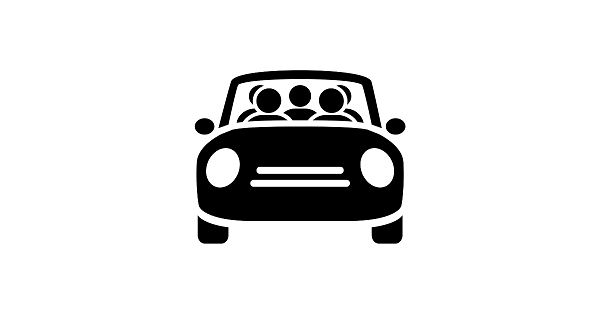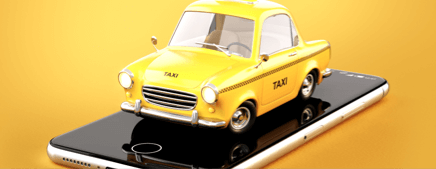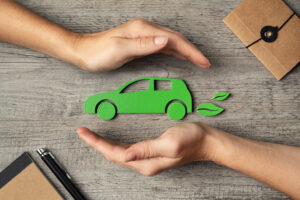How BlaBla Works – The High Earning Ride Share Platform
We all at some point have thought of this carpool idea for a startup but, Frédéric Mazzella was the first one to turn it into reality. BlaBla, a high-earning French rideshare platform was introduced in the year 2004. This idea strikes him when on holidays he wanted to go home but had no vehicle. The trains were full too. At this point, he realized that the majority of people with cars were moving back home with the rest of their seats vacant.
“Necessity is the mother of invention”.
So the rideshare platform took birth too.
BlaBla is a trusted community of more than 90 million drivers as well as consumers in more than 22 countries. Isn’t it a great idea to earn as well as protect the environment? BlaBla helps connect people with long-distance travelers driving towards the same location. The company is currently being valued at $2 billion.
According to a survey, people are now shifting towards carpooling as their first preference.
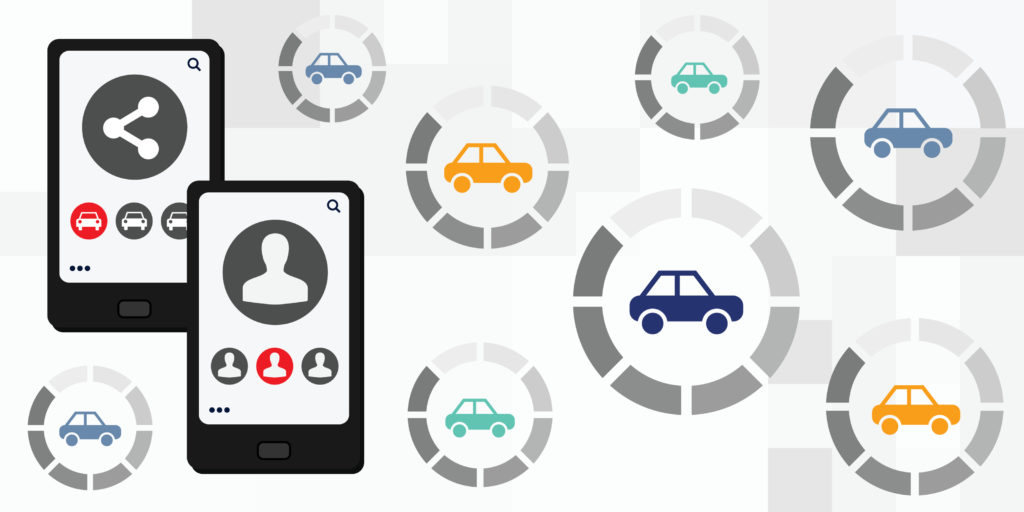
BlaBla Working model
Blabla has an application with two different types of services. This rideshare app offers a consumer to find a ride for a particular location. On the other hand, consumers are also allowed to offer a ride to the people.
First, users go to the platform’s website or download one of the platform’s mobile apps (available on Android and iOS devices).
Members then enter their starting point, destination, as well as the date they wish to travel on. BlaBlaCar then presents you with all the available carpooling options for that particular search.
The carpooling option, as the name implies, brings members together. That means you’ll be riding in a car that someone else has already agreed to drive. The app intelligence connects the ride giver and the ride taker. It helps exchange the contact details and provides a real-time chat area to clarify matters.
BlaBlaCar drivers have their ID, phone number, and email verified. They can also link their social profiles (for example, Facebook) and be reviewed by other members. They can also include information about themselves, such as how chatty they are or whether or not they welcome pets.
BlaBlaCar also offers a daily carpool commute through a different application called BlaBlaCar Daily in some countries. Members who want to carpool to and from work are the primary target of the service.

Revenue insights of rideshare platform
As already discussed this carpool and sharing app is running in 22 countries. And each country has different revenue insights.
Important facts:
- This rideshare platform collects commission from between 10 to 15% of the total ride cost from the ride provider.
- Its ride-sharing management software ensures to add capping over the prices and does not let the rider exploit the consumer by overcharging.
- Generally, in non-monetised countries payment is made to the ride provider after the ride in cash or through online payment gateways.
- In countries with paid connections, the rideshare software collects payment from the consumer and pays it to the ride provider after deducting their commission.
- BlaBla has yet not monetised its connecting services in all the countries. India is one of the countries where it is still focusing on capturing the market area.
- The revenue income of BlaBla in other countries is through the transaction fees, booking charges or commission.
- The consumer pays the booking charges and commission is charged from the rider.
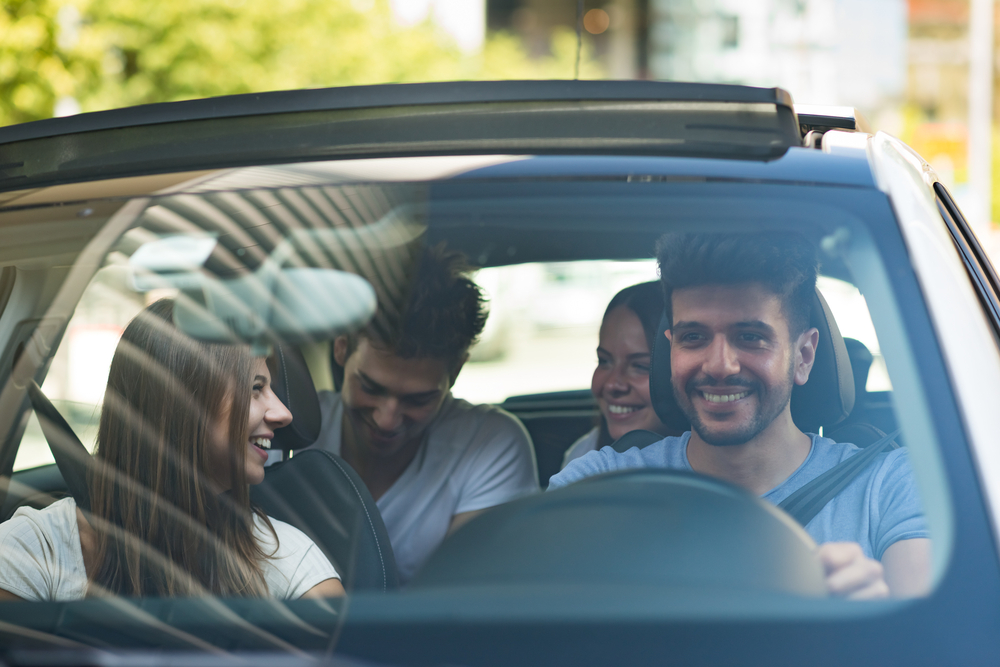
Let’s Understand how does BlaBla make money.
BlaBlaCar earns money through charging service fees, sharing revenue with bus operators, and charging referral and subscription fees.
The business model of BlaBlaCar can be defined as an online marketplace. On the one hand, it attracts supply in the form of drivers, who are then matched with current travel demand.
The company then handles payment processing and surface the finest rides available. It also increases repeat bookings by adding ratings, allowing drivers to link to their social networks and describe their driving patterns (increasing trust), and creating a unified ride experience on the platform.
In the section below, we’ll take a closer look at each of the company’s revenue streams.
Service Fees
The service fees that BlaBlaCar charges drivers account for the majority of the company’s revenue.
The service fee is calculated based on the total amount charged by the driver. For example, journeys between £47 and £51 will cost £7, while rides over £79 will cost £0.89 plus 9.9% of the amount requested by the driver.
BlaBlaCar charges a fee for its commuting service (BlaBlaCar Daily), just like it does for its long-distance journeys. However, because the distances and costs paid are quite low, the fees levied by the platform are also significantly lower.
Revenue Sharing
Members can ride on a BlaBlaCar-branded bus in addition to driving in someone else’s car (BlaBlaBus).
However, BlaBlaCar does not own the great majority of the buses that are offered. Instead, the company collaborates with local bus companies, which then remodel their fleet to match the company’s brand.
The fare is then split between BlaBlaCar and the bus company. The precise revenue share proportion isn’t disclosed.
While the bus company may earn less per ride, it reaps the benefits of having access to millions of people. As a result, its fill rate has significantly increased, resulting in a significant increase in overall revenue.
Referral Fees
BlaBlaCar also makes money from the car insurance policies it sells in collaboration with L’olivier Assurance.
On the platform, drivers can protect themselves against a number of risks, such as civil liability, broken glasses, storms, other weather-related events, theft, and more.
BlaBlaCar makes money from its insurance offering by charging referral fees to its partner L’olivier. When BlaBlaCar is able to sell a policy through its platform, these costs are paid.
BlaBlaCar can deliver quotations in as little as five minutes. It uses a range of data points, such as the distance driven on its platform and the reviews drivers have received, to limit risk.
Subscriptions
BlaBlaCar completed the acquisition of Octobus in April 2021, along with the news of a $115 million fundraising round.
Octobus is a software platform developed in Ukraine that helps bus companies to digitize their numerous procedures.
The corporation then charges a monthly or quarterly subscription fee in exchange. Basic, Smart, and Pro are the three plans available, each with its own set of features.
BlaBlaCar may use Octobus’ existing relationships in the Eastern European region to increase its own fleet of available buses, which will provide an additional (and potentially high-margin) revenue stream.
Why do people prefer BlaBla?
Blabla is the leading car-sharing platform that provides the simplest user face with maximum information. It is hassle-free and with the help of technology even safer. GPS tracking and consumer reviews help create authenticity.
- It has been discovered that the use of ridesharing services is increasing. Individuals who do not own a car, such as city dwellers, millennials, etc. prefer to share transportation.
- Mobile apps, constant network connectivity, GPS navigation devices, constant network connectivity, and e-transactions for payment are just a few of the technological advancements that allow flawless real-time matching of car owners with passengers.
- When it comes to sharing a ride, one of the most difficult aspects is travelling with strangers. Because mobile apps are backed by technology services like GPS tracking, it is possible to track the driver, his car details, and his real-time whereabouts. Such laws make travelling safer and more convenient for co-passengers.
Still, wondering about how to build your rideshare app?
If you are an enthusiast to capture the market, then your primary task is to check for a development company that helps you with a BlaBla Clone app. A software that can help you run your carpooling business smoothly and efficiently. Here is why you should choose Jugnoo for creating your clone app. Jugnoo allows you to create rideshare applications with professional experts who can smartly fulfill the requirements.
This is the right time to rock and roll into the market as due to the COVID 19 situation people are losing interest in purchasing private vehicles and preferring more carpooling options.
